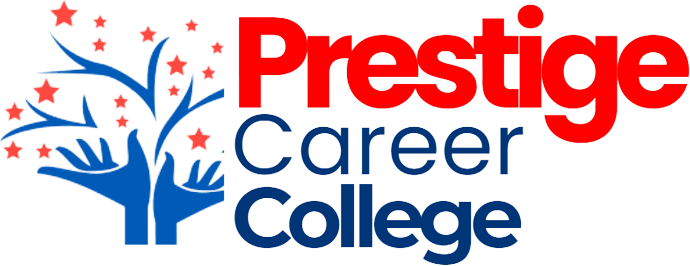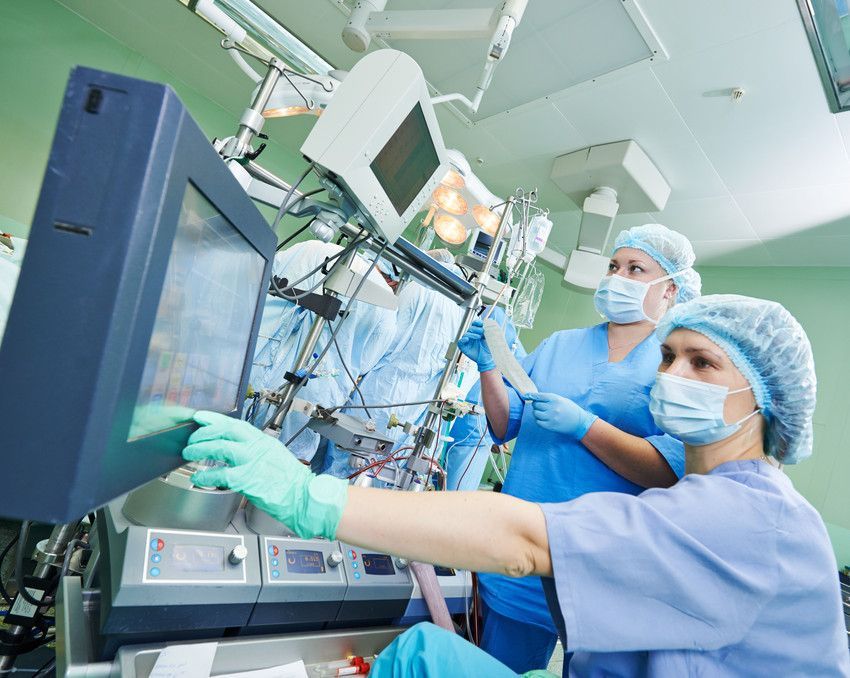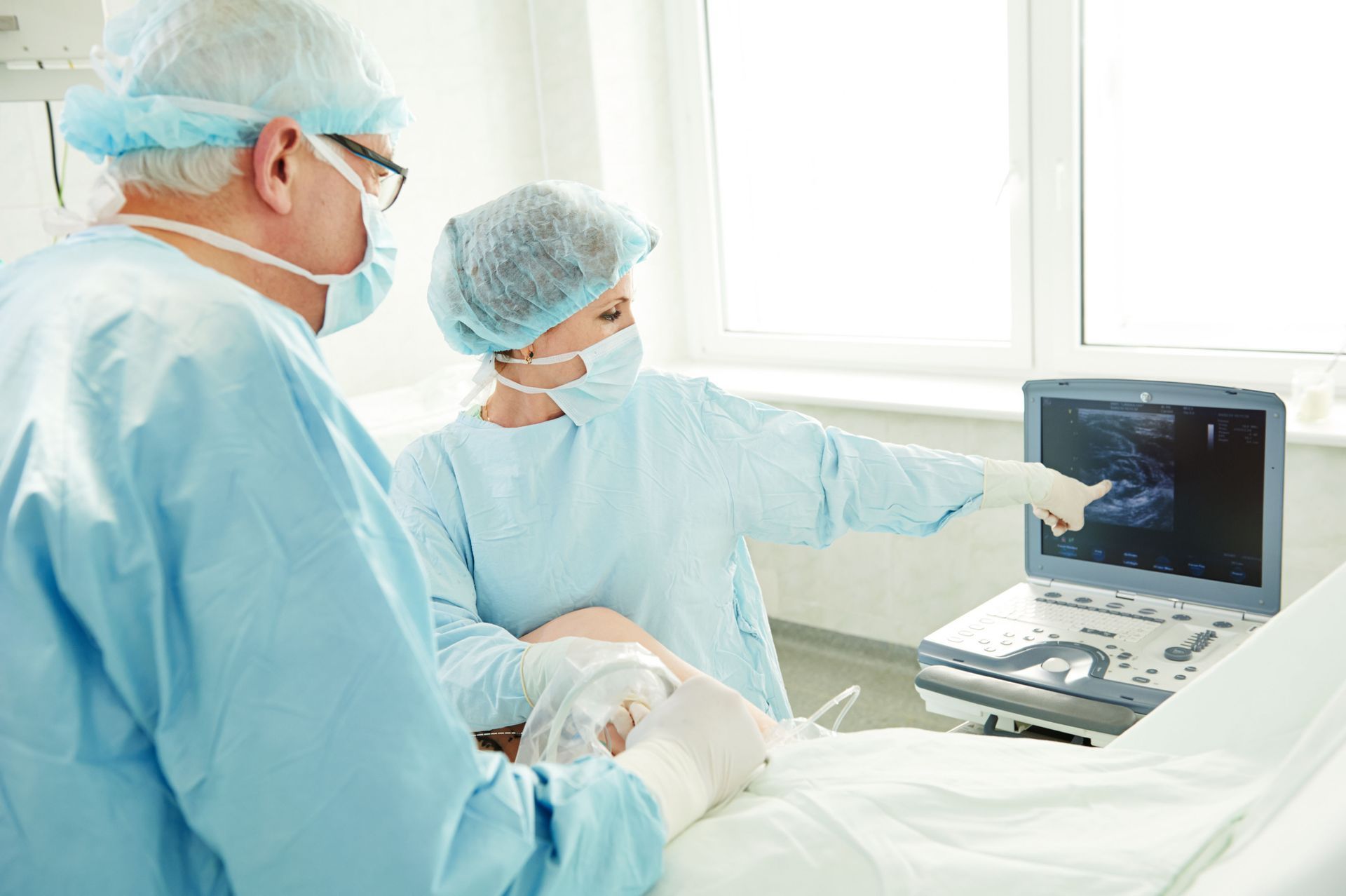What to Expect From a Certified Medical Assistant Program?
Certified medical assistant (CMA) programs offer structured education designed to equip aspiring medical assistants with the knowledge and skills necessary to thrive in the healthcare environment. These programs bridge the gap between theoretical learning and practical application, providing students with a comprehensive understanding of both clinical and administrative duties. CMAs play a key role in ensuring that medical facilities run smoothly, offering support to both healthcare providers and patients. The rise in demand for healthcare services has led to a growing need for trained medical professionals, including CMAs, making certification an essential step toward a successful career in this field.
Overview of Responsibilities
Certified medical assistants are vital members of the healthcare team, tasked with a variety of responsibilities that ensure the efficient operation of medical facilities. Their duties range from administrative tasks such as scheduling appointments, maintaining medical records, and billing, to clinical functions like taking patient histories, preparing patients for examinations, and assisting physicians during procedures. CMAs must be adaptable, as their roles can vary widely based on the needs of the facility where they work. Beyond the clinical and administrative tasks, CMAs often serve as the first point of contact for patients, requiring them to have strong communication and interpersonal skills. Their ability to multitask and perform under pressure makes CMAs indispensable in the fast-paced healthcare environment.
Common Work Environments
Certified medical assistants find employment in a diverse array of healthcare settings, each offering unique opportunities and experiences. The majority work in physicians' offices, but CMAs are also prevalent in hospitals, outpatient care centers, and specialized clinics. The choice of work environment often influences the specific duties a CMA will perform; for instance, those in hospitals may be involved in more emergency care procedures compared to those in outpatient centers. Regardless of the setting, CMAs are essential to providing quality care to patients and ensuring that medical operations run smoothly. The flexibility of the CMA role allows individuals to work in various environments, meeting their personal and professional preferences while contributing significantly to the healthcare system.
Skills Required
To succeed as a certified medical assistant, individuals need to possess a specific set of skills and attributes that enable them to perform their duties effectively. Clinical skills are paramount, as CMAs must be adept at tasks such as drawing blood, handling laboratory specimens, and measuring vital signs. Equally important are strong organizational and administrative skills that help in managing records, scheduling, and coordinating patient care. Beyond technical competencies, interpersonal skills are crucial, since CMAs must communicate with patients, families, and fellow healthcare workers empathetically and efficiently. The ability to learn and adapt, combined with a passion for helping others, rounds out the skill set needed to excel as a CMA.
The Importance of Certification
Obtaining certification as a medical assistant signifies a commitment to professional excellence and proficiency in the field. Certification demonstrates that an individual has met rigorous educational standards and possesses the necessary skills to perform medical and administrative tasks in a healthcare setting. Many employers prefer or even require certification, as it assures them of the employee’s capability and dedication to providing quality care. Moreover, certified medical assistants may have better job prospects and opportunities for advancement compared to their non-certified counterparts. As the healthcare industry continues to evolve, maintaining certification through continuing education is important, ensuring CMAs remain up-to-date with best practices and new technologies.
Career Outlook
The career outlook for certified medical assistants is promising, with a consistently growing demand for healthcare services driving the need for skilled support staff. According to the U.S. Bureau of Labor Statistics, employment of physician assistants is projected to grow 28% from 2023 to 2033, much faster than the average for all occupations, highlighting a trend of increasing reliance on support roles in healthcare. This growth is fueled by an aging population that requires more medical care and a focus on cost-effective treatment approaches that emphasize preventative care and outpatient services. CMAs are well-positioned to benefit from these trends, as they provide the essential link between patients and healthcare providers. Additionally, the evolving landscape of healthcare technology necessitates adaptive professionals, contributing to the demand for certified and trained medical assistants.
Core Medical Subjects
The curriculum of a certified medical assistant program is designed to provide a solid foundation in key medical subjects necessary for effective practice. Students will delve into anatomy and physiology, learning about body systems and functions, which form the basis for understanding common medical conditions and treatments. Pathophysiology, pharmacology, and medical terminology are also essential components, equipping students with the knowledge needed to understand medical processes and communicate effectively within a medical team. Theoretical learning is complemented by practical exercises that simulate real-world scenarios, allowing students to apply their knowledge and develop competence in medical tasks. By covering an array of medical subjects, the program ensures that graduates can confidently handle the challenges of a healthcare environment and contribute to patient health and well-being.
Administrative Training
In addition to clinical expertise, certified medical assistant programs emphasize the importance of administrative skills, preparing students for the dual nature of their role. Coursework in medical coding, billing, and insurance processing forms the backbone of administrative training, enabling CMAs to manage financial transactions accurately and efficiently. Students will also learn appointment scheduling and patient check-in procedures, crucial for maintaining organization and efficiency in a healthcare setting. Effective communication skills, both written and verbal, are a key focus as well, ensuring that CMAs can interact professionally with patients and healthcare providers. The integration of administrative training in the curriculum ensures that graduates are well-rounded, capable of supporting both operational and clinical aspects of medical facilities.
Clinical Skills Development
Developing strong clinical skills is a core component of certified medical assistant programs, ensuring that students are well-prepared for patient care responsibilities. Hands-on training in phlebotomy, vital sign measurement, and assisting with examinations equips students with the practical skills needed to support physicians and enhance patient care. Infection control practices, along with the ability to perform electrocardiograms (EKGs) and basic laboratory tests, further prepare students for the dynamic challenges of healthcare environments. Through clinical labs and simulations, students gain confidence in their abilities, learning to provide safe and effective care under supervision. The focus on clinical skills development guarantees that CMAs are competent and ready to deliver high-quality services in a variety of healthcare settings.
Externship Opportunities
Externships play a crucial role in certified medical assistant programs, offering students valuable real-world experience that bridges the gap between classroom learning and professional practice. These opportunities allow students to integrate their knowledge and skills in actual healthcare settings, under the guidance of experienced professionals. Working in clinics, hospitals, or other medical facilities, students observe the everyday functions of a medical team and actively engage in patient care, gaining insights into the workplace dynamics. Externships often serve as a stepping stone to employment, providing networking opportunities and fostering relationships with potential employers. This practical experience is invaluable, preparing graduates to seamlessly transition into the workforce as competent and confident certified medical assistants.
Certified medical assistant programs provide a comprehensive pathway for individuals seeking a meaningful and in-demand career in healthcare. By combining rigorous academic instruction with hands-on training, these programs prepare students to meet the multifaceted demands of both clinical and administrative roles in a variety of medical settings. As the healthcare industry continues to grow and evolve, certified medical assistants will remain essential contributors to patient care and operational efficiency, making this a rewarding profession for those who are dedicated, compassionate, and ready to make a difference. If you think a certified medical assistant program might be right for you, contact us today at Prestige Career College.






Share On: